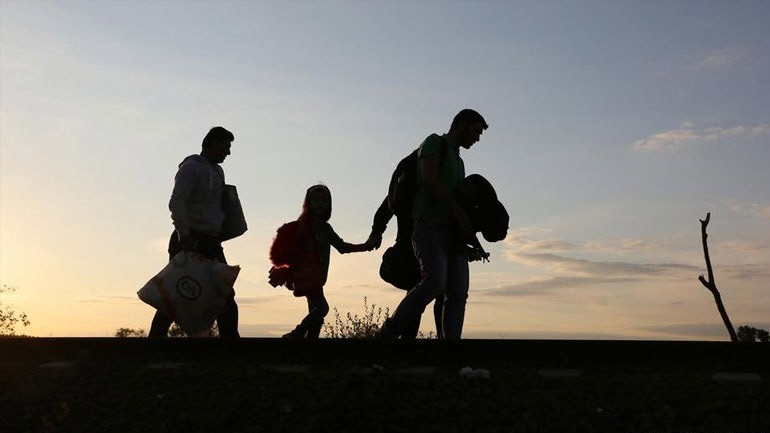For the third year in a row, vulnerable asylum seekers – including thousands of children –are trapped on the Greek islands of the eastern Aegean, enduring inhumane conditions in overcrowded hotspots. Although the Greek government is moving many people to the mainland, 12 humanitarian organizations are calling for an end to this vicious cycle. The organizations urge the Greek and EU authorities to move towards sustainable solutions for the reception, protection, and integration of refugees.
Athens, September 18, 2019 – Once again, the overcrowding on the Aegean islands comes as no surprise. Nearly 22,000 people, 35% of whom are children, are housed in Reception and Identification Centers (RICs) across Greek islands. These centers’ capacity has been exceeded by 500%, forcing vulnerable people to live in degrading and dangerous conditions.
The authorities have not been mobilized quickly enough to deal with this year’s increase in arrivals, and it is no wonder the public – which has witnessed the same story before – remains unmoved.
There are still serious implications for the living conditions of people living in these reception centers. Away from the Greek and European mainland, sick people, women, and children remain without adequate access to health care, nutrition, and sanitation.
Asylum seekers’ have spoken out about how overcrowding creates precarious living conditions, as demonstrated by the recent death of an unaccompanied child in Moria’s ‘safe zone.’
Although around 7,000 people are entitled to be moved from the islands, as their restrictions have been lifted, the process constantly breaks down due to a lack of available hosting places on the mainland. This is further impeded by the absence of an effective relocation program for asylum seekers in Europe and long delays in processing family reunification requests.
A lack of long-term planning for the effective integration of refugees into the country has delayed their removal from housing programs, leading to more extensions and blockages of the system.
A lack of integration programs, the continued postponement of the Helios project, the persistent difficulties in accessing eligible benefits and services (such as AMKA, AFM bank accounts, and allowances), and the general lack of essential provisions for vulnerable groups systematically hamper the existing system’s ability to work properly and efficiently.
Moving 1,500 people from Lesvos to mainland Greece is a step forward but it is not a solution for the people who are housed in tents that do not meet basic living standards. Neither is it a solution for the thousands more who live in precarious conditions until it is their turn to move on.
The signatory organizations have been at the forefront of the so-called “refugee crisis” – both on the side of the Greek state as well as refugees – and know that improving the asylum, reception, and integration system in Greece is possible.
Greece can meet the needs of asylum seekers with a long-term strategy that acknowledges the benefits of refugee integration as well as the needs of host communities.
What is needed is a coherent plan that makes the most of the resources made available by the EU. This plan must also deliver adequate infrastructure and human resources and should work effectively with civil society.
European leaders must share the responsibility for the reception and support of asylum seekers by creating a permanent relocation mechanism and backing family reunification.
We need a better system that safeguards human dignity and provides people with a future without further delay. We must break this vicious circle.
The signatory organizations:
- ActionAidHellas, ASB
- Danish Refugee Council (DRCGreece)
- Defense for Children International Greece,
- Network for Children’s Rights
- Diotima
- ELIX,
- Greek Council for Refugees
- Greek Forum of Refugees
- International Rescue Committee (IRC)
- Solidarity Now
- Terre des homes Hellas





